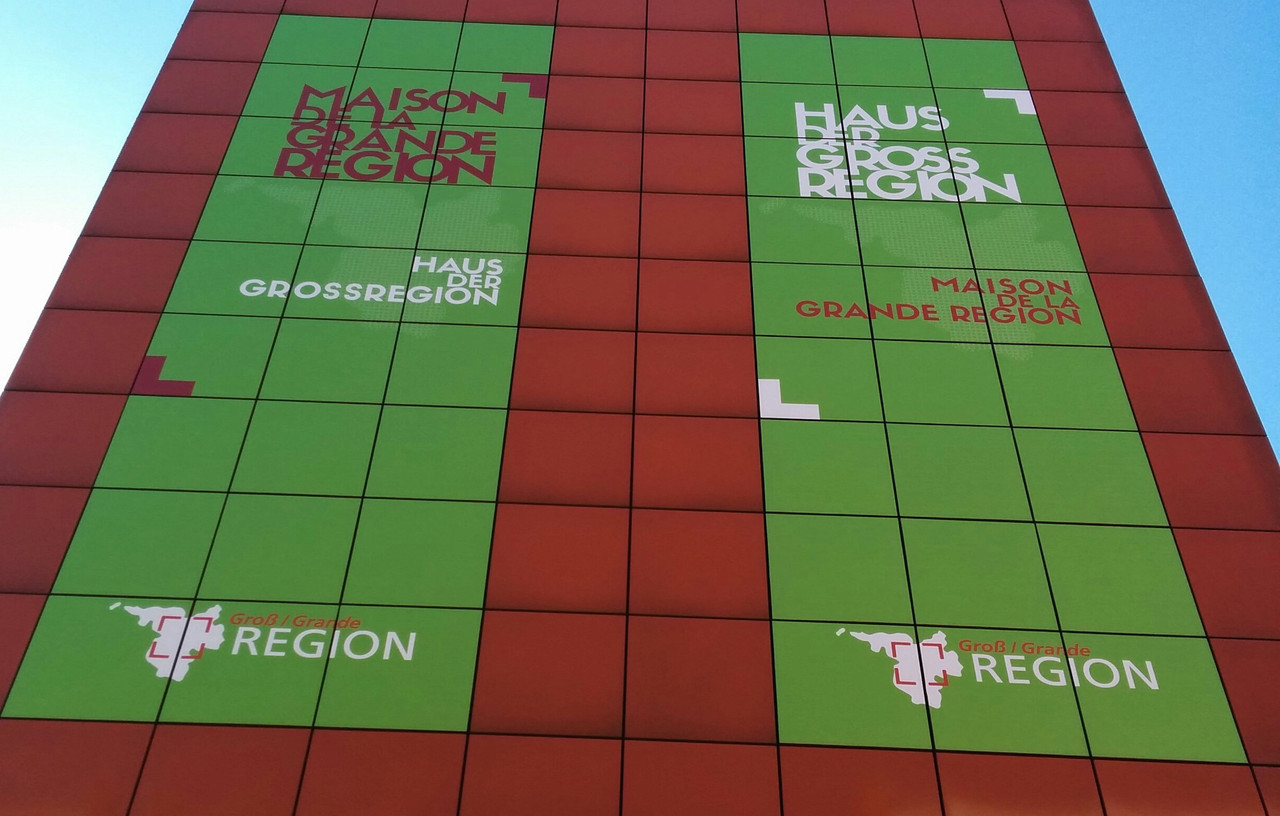The University of the Greater Region (UniGR) has launched a new “Center for Border Studies” (CBS). The project was initiated by 80 researchers active in border studies from the University of Luxembourg as well as the universities of Trier, Saarland, Kaiserslautern, Lorraine and Liège. It is scheduled to run from 2018 to 2020 and has received financial support totalling €3.6 million, of which €2 million comes from the EU’s Interreg V A greater region programme. Christian Wille, scientific coordinator of the project, explains that there are various centers for border studies across the world, but that the UniGR’s endeavour is unique in that it involves actual cross-border cooperation.
Border-related issues have been of interest to the researchers for a while now. In 2014 they formed an interregional and interdisciplinary network for the study of the topic. The CBS is a new project intended to achieve the network’s main objectives: the establishment of border studies as a research and teaching subject, the enhancement of staff and student mobility and the consolidation of bonds between the associated universities. Another important goal is to improve exchange with stakeholders in order to define social and political areas that could benefit from future research, as well as to make findings available to the public and target audiences.
Connection between academics
To meet these aims, the teams working on the CBS project are currently developing a trilingual glossary for key concepts of border studies and an online database for relevant academic documents. This will allow a clearer demarcation of the subject and the corroboration of border studies as a discipline. To advance communication and connection between academics, the project will allow researchers to move more freely between the different institutions. It will also simplify the organisation of workshops, symposiums and conferences. Students will eventually be able to access digital learning resources, which will reduce the need to travel between universities.
Interaction with social stakeholders is already being promoted through the “Greater Region Forums” taking place at the QuattroPole cross border network’s Maison de la Grande Région in Esch-sur-Alzette. This series of panel discussions brings together experts, political agents, interested parties from local administrations and the public. Thematically, the conferences address central challenges of the greater region such as cross-border mobility, education or spatial planning.
Border studies is not a narrowly defined subject, but rather an umbrella term for the interdisciplinary examination of issues related to borders. The discipline connects scholars and students from fields as varied as economic science, geography, literature, sociology or art. “We really emphasise the association of socio-scientific and cultural matters in border studies,” says Wille. “Concerns about the realities of living and working within the border region are as significant as questions related to identity, language and cultural productions.” He explains that this is because borders appear in different forms such as physical borders, language barriers and mental disparities. “They don’t always overlap, or the perimeters blur and they become imperceptible. That’s what makes borders so complex and worth studying.”
